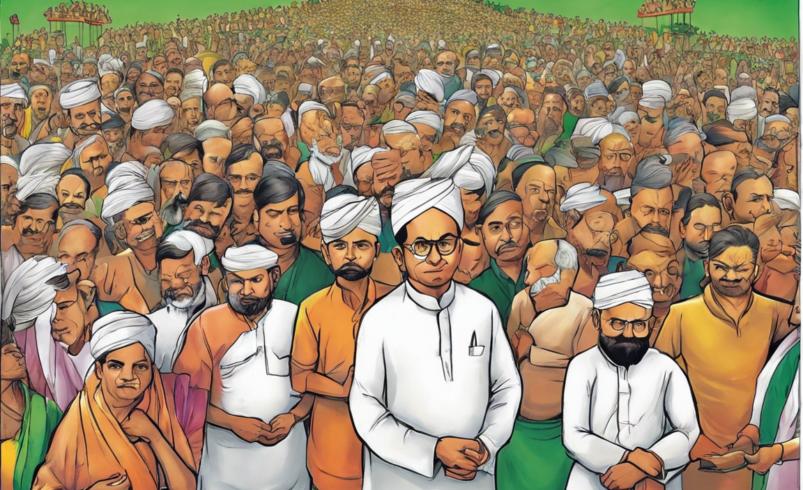Founded in 1999 by former Prime Minister H.D. Deve Gowda, the Janata Dal (Secular) or JD(S) party has emerged as a significant political entity in the Indian state of Karnataka. With a unique blend of socialist and secular ideologies, the party has often been considered a key player in the region’s political landscape. In this article, we will delve into an in-depth overview of the Janata Dal (Secular) party, its history, ideology, key leaders, electoral performance, and its role in the larger Indian political scenario.
History of Janata Dal (Secular)
The Janata Dal (Secular) was formed following a split in the Janata Dal party in 1999, led by H.D. Deve Gowda. The party aimed to uphold the principles of social justice, secularism, and federalism while focusing on the welfare of farmers, laborers, and marginalized communities. Over the years, the party has faced internal rifts and alliances with various political parties at both state and national levels.
Ideology and Values
Socialism and Secularism
The JD(S) party is rooted in socialist principles, advocating for equitable distribution of wealth, resources, and opportunities. Additionally, the party strongly upholds secularism, promoting religious harmony and inclusivity in a diverse society like India.
Federalism and Regional Autonomy
With a focus on decentralization of power, the JD(S) emphasizes the importance of regional autonomy and greater states’ rights within the Indian federal structure. This ideology resonates well with the sentiments of the people in Karnataka.
Key Leaders
H.D. Deve Gowda
As the founding member and prominent face of the party, H.D. Deve Gowda has played a crucial role in shaping the JD(S) and its political trajectory. With his experience as a former Prime Minister of India, Gowda continues to be a key influencer in Karnataka politics.
H.D. Kumaraswamy
The son of H.D. Deve Gowda, H.D. Kumaraswamy has also been a significant leader within the JD(S) party. Serving as the Chief Minister of Karnataka on multiple occasions, Kumaraswamy has been instrumental in steering the party through various challenges and opportunities.
Electoral Performance
The Janata Dal (Secular) has had a mixed electoral performance since its inception. While the party has managed to secure victories in state assembly elections in Karnataka, it has faced challenges at the national level due to its regional stronghold. The JD(S) has often participated in alliances with other parties to gain political leverage and representation.
Role in Indian Political Scenario
The JD(S) party’s position in the Indian political scenario has been crucial in shaping coalition dynamics, especially in states like Karnataka. As a regional player with influence in key constituencies, the party has been a sought-after partner for larger national parties during coalition governments.
Frequently Asked Questions (FAQs) about Janata Dal (Secular) Party
1. What is the ideological stance of the JD(S) party?
The JD(S) party is rooted in socialist principles, secularism, federalism, and regional autonomy.
2. Who are the key leaders of the Janata Dal (Secular) party?
Key leaders of the JD(S) include H.D. Deve Gowda and H.D. Kumaraswamy.
3. How has the JD(S) performed in elections?
The JD(S) has had mixed electoral performances, often forming alliances to gain political traction.
4. What role does the JD(S) play in the larger Indian political scenario?
The JD(S) acts as a significant regional player, influencing coalition dynamics and governance in states like Karnataka.
5. What are some notable achievements of the JD(S) party?
The JD(S) has been successful in winning state assembly elections in Karnataka and has contributed to coalition governments at the national level.
In conclusion, the Janata Dal (Secular) party continues to hold relevance in Karnataka’s political landscape, championing socialist values, secularism, and regional autonomy. With its key leaders and electoral strategies, the JD(S) remains a pivotal player in coalition politics, shaping the larger Indian political scenario.






